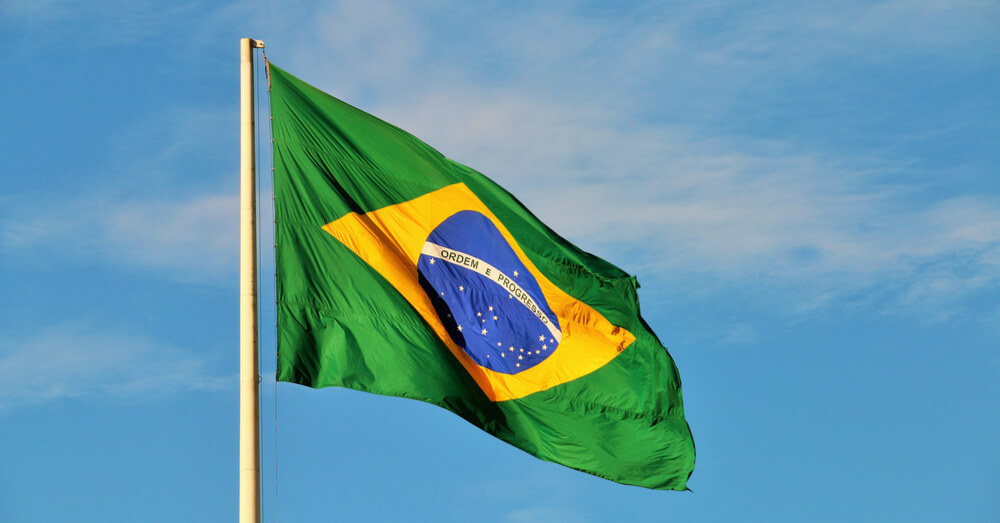Brazils Itaú explores stablecoin launch as US shifts toward private tokens

- US lawmakers have backed private stablecoins over a central bank digital currency.
Brazil has opened Consulta Pública No. 111 to gather public views on stablecoins.
A proposed self-custody ban in Brazils draft rules has raised concerns.
Brazils biggest bank by assets, Itaú Unibanco, is assessing the potential launch of its own stablecoin amid growing momentum in global blockchain settlement systems and shifting regulatory landscapes.
While stablecoins remain a work in progress in Brazil, interest is mounting as the US pivots towards privately issued digital currencies, creating a competitive blueprint that other countries may follow.
At an industry event in São Paulo, Itaús head of digital assets, Guto Antunes, confirmed the banks ongoing evaluation of stablecoin projects.
However, any internal move will depend on the progress of US institutions and the regulatory stance of Brazils central bank, which is currently running a public consultation process on stablecoins.
US backs private stablecoins
The renewed focus on stablecoins in Brazil follows a major development in the US.
American lawmakers recently rejected the creation of a central bank digital currency (CBDC), instead endorsing the development of private-sector stablecoins as a way to strengthen the global dominance of the US dollar.
This shift has not gone unnoticed by Itaú. Antunes said the performance and adoption of US stablecoins will influence Itaús own digital asset strategy.
He acknowledged the role of blockchain in enabling atomic settlement of transactionsimmediate and irreversible transfers without intermediaries.
Antunes pointed out that stablecoins have always been on Itaús radar, suggesting long-term interest within the bank. However, he added that developments in both US and Brazilian regulation will determine whether the bank moves forward.
Brazil launches consultation
Brazils regulatory body has launched Consulta Pública No. 111, a public consultation aimed at exploring how stablecoins could be integrated into the nations financial system.
The consultation invites input from the financial sector, consumer advocates, and blockchain developers.
At present, stablecoins are still under scrutiny, and Brazils regulatory treatment of the asset class remains unsettled. The countrys central bank has not yet issued specific guidance on privately issued digital currencies.
However, the new consultation signals a step toward formal recognition and rules.
Antunes said that the bank is closely monitoring the process and waiting for finalised regulations before progressing any internal project. Any decision by Itaú would be shaped by the outcomes of this consultation and potential policy changes.
Self-custody and fund limits
While regulation remains pending, one controversial point in Brazils draft rules is a proposed restriction on self-custody of stablecoins.
This has raised concerns within the digital asset industry, where self-custodyholding digital tokens directly rather than through intermediariesis a widely used practice.
The draft legislation also reinforces existing restrictions on institutional investment in crypto. Brazil currently prohibits major pension funds from investing in digital assets, a move aimed at limiting risk to retirement portfolios.
These limitations have created a cautious environment for large-scale crypto adoption by institutions.
Despite this, Brazil remains a major market for digital finance and has seen strong retail interest in cryptocurrencies.
Stablecoins could play a significant role in modernising Brazils financial infrastructure, but much depends on the clarity of upcoming regulations and the direction of global trends.
The post Brazils Itaú explores stablecoin launch as US shifts toward private tokens appeared first on CoinJournal.
Text source: CoinJournal: Home










